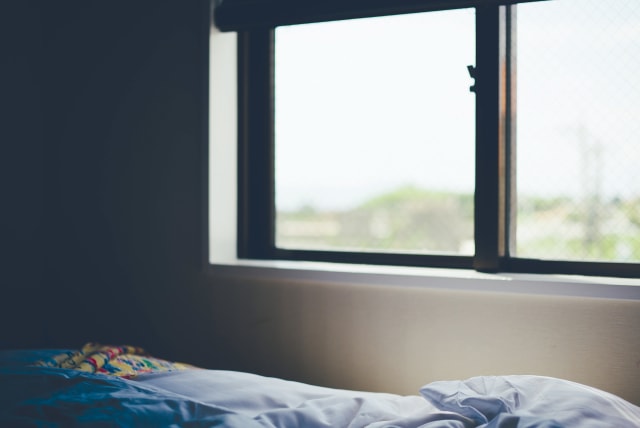Why you need an earlier bedtime in the winter - study

A new peer-reviewed study says that humans need to schedule an additional hour of sleep during the winter months.
A new peer-reviewed study, published in Frontiers in Neuroscience, has found that humans experience longer REM sleep in the winter.
REM stands for Rapid Eye Movement and is a stage of sleep associated with dreaming and memory consolidation, according to sleepfoundation.org.
During this sleep stage, the body’s heart rate speeds up and breathing can become irregular. The body also lowers its muscle tone to prevent the dreamer from injuring itself through acting out dreams.
Despite the disturbances and year-round reduced light in urban areas, the study found that people’s sleep cycle adjusts seasonally.
On average, people sleep an hour longer during the winter than the summer. The REM stage of this sleep was on average 30 minutes longer during the winter.
The study
A team of scientists, from Charité Medical University of Berlin, recruited 292 participants. The participants underwent polysomnographies, which is a test used to diagnose sleep disorders.
The participants went to sleep in a special laboratory and were asked to sleep naturally, without an alarm clock. Scientists then measured the quality and length of their snooze.
The study's significance
Scientists and medical professionals are now recommending that people try to go to sleep earlier in the winter. It is thought that this might help people to better adjust to seasonal changes.
The team also found that insomnia was a more frequent problem towards the end of the year.
Jerusalem Post Store
`; document.getElementById("linkPremium").innerHTML = cont; var divWithLink = document.getElementById("premium-link"); if (divWithLink !== null && divWithLink !== 'undefined') { divWithLink.style.border = "solid 1px #cb0f3e"; divWithLink.style.textAlign = "center"; divWithLink.style.marginBottom = "15px"; divWithLink.style.marginTop = "15px"; divWithLink.style.width = "100%"; divWithLink.style.backgroundColor = "#122952"; divWithLink.style.color = "#ffffff"; divWithLink.style.lineHeight = "1.5"; } } (function (v, i) { });
